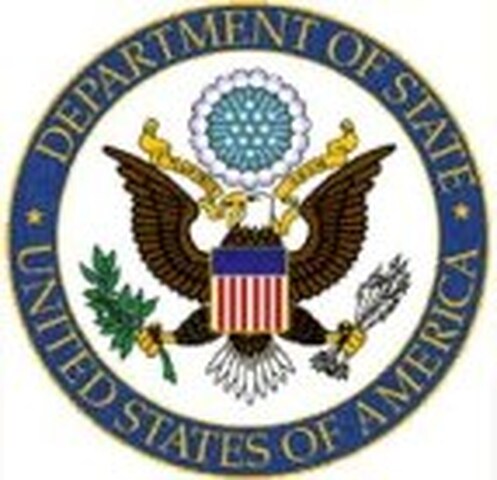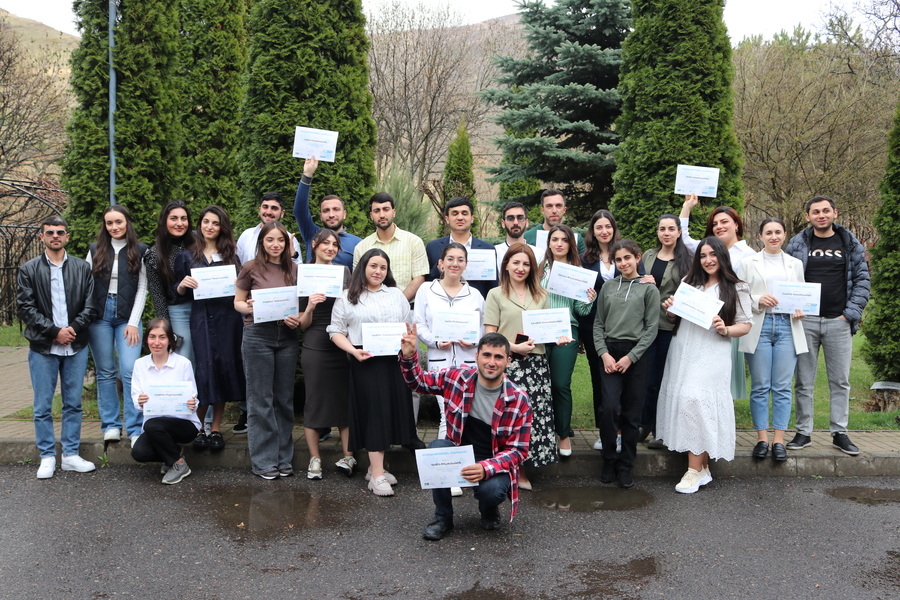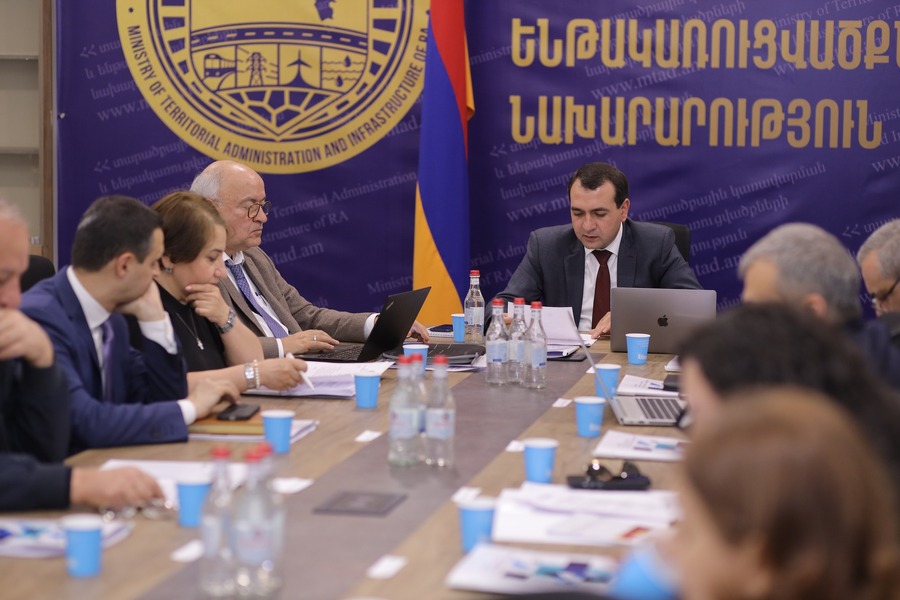US Department of State's 2011 Human Rights Report on Armenia
US Department of State issued the Country Reports on Human Rights Practices on May 24, 2012. According to the Report on Armenia the most significant human rights problems in the country were limitations on citizens' right to change their government, freedom of speech and press, and the independence of the judiciary. During the year the Special Investigative Service investigated 58 cases of alleged corruption. It forwarded 23 cases involving 47 people, including 33 state officials, to the court.
Several anticorruption probes of senior police officials suggested that officials were being held accountable more frequently than in previous years for their alleged malfeasance. Authorities arrested Major-General Hovhannes Tamamian, head of the Directorate General of Criminal Investigations of the national police, on charges of abusing his authority with grave consequences. Colonel Margar Ohanian, head of the country's traffic police, was arrested for abuse of power, grand larceny, and embezzling 218 million drams ($566,230) worth of gasoline intended for traffic police vehicles.
Financial disclosure laws require that all public officials and their family members, as well as citizens with annual incomes exceeding eight million drams ($20,780), file annual asset declarations. It was unclear to what extent officials and individuals with high incomes complied. Domestic observers reported that tax authorities lacked the capacity and resources to verify the reliability of those asset declarations that were filed.
Although the constitution and laws prohibit individuals engaged in entrepreneurial activity from holding public office, businessmen continued to occupy seats in parliament, and various government officials reportedly continued to use their offices to promote their private business interests.
The law provides for public access to government information. In practice many government bodies and officials were reluctant to grant such access. As of year's end, the government had not adopted the regulations on the collection and provision of information that were required by, and supplementary to, the 2003 Freedom of Information Law. Officials cited the absence of these regulations when refusing to provide information. NGOs were more successful in gaining access to information through the courts than obtaining it directly from government agencies.
For full information on Human Rights Report on Armenia 2011 please visit US Department of State website.





